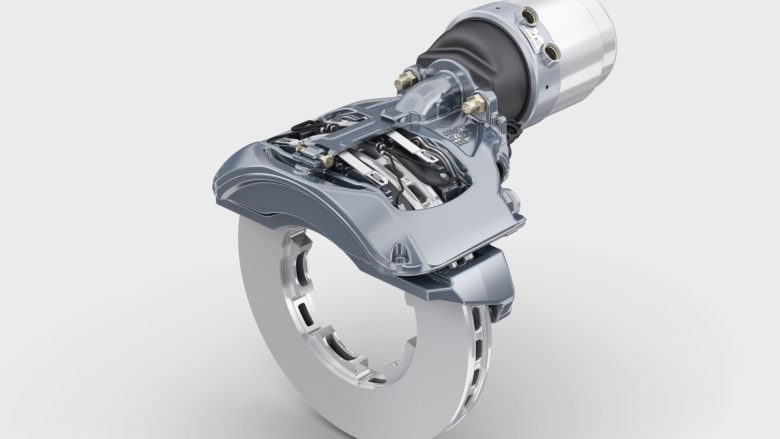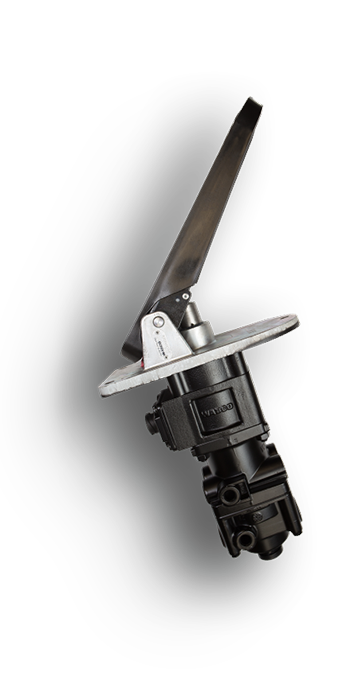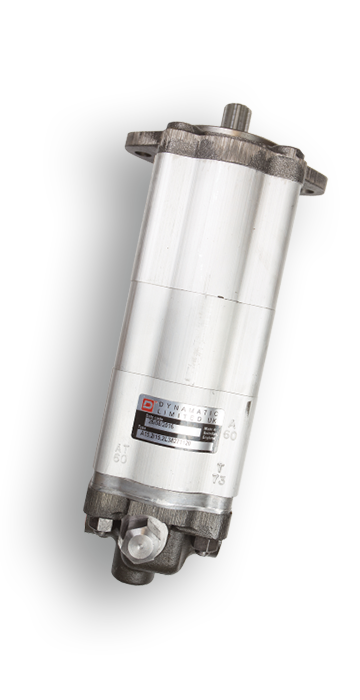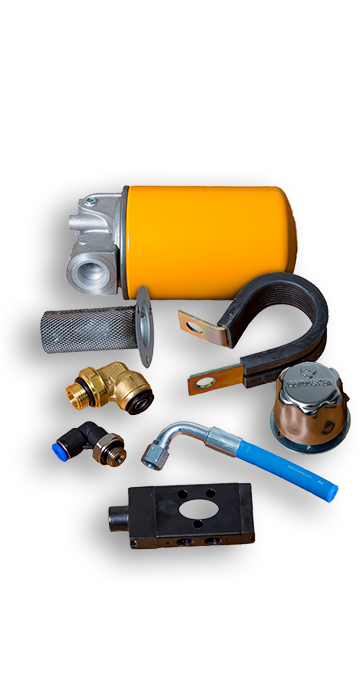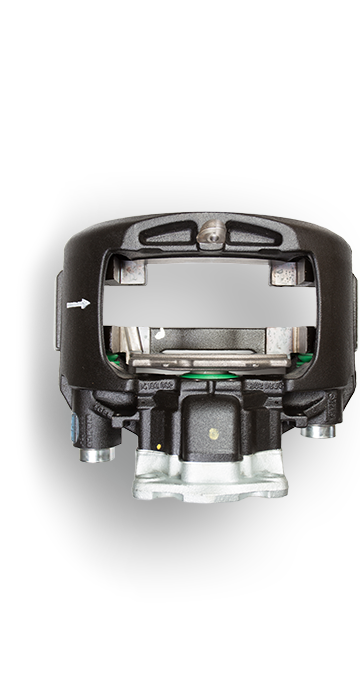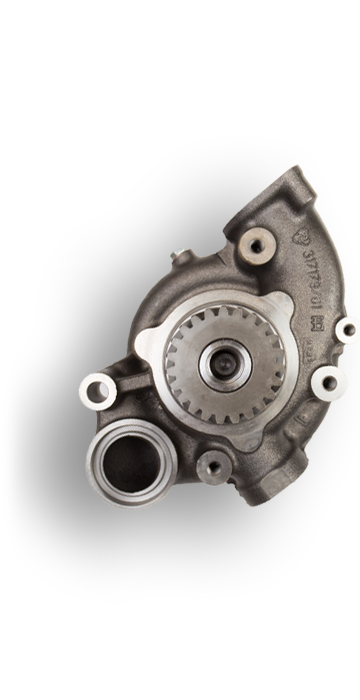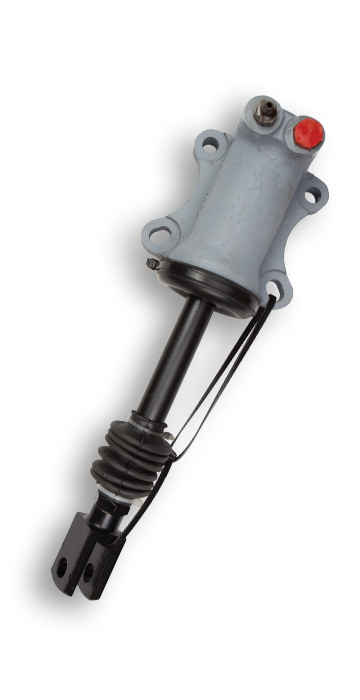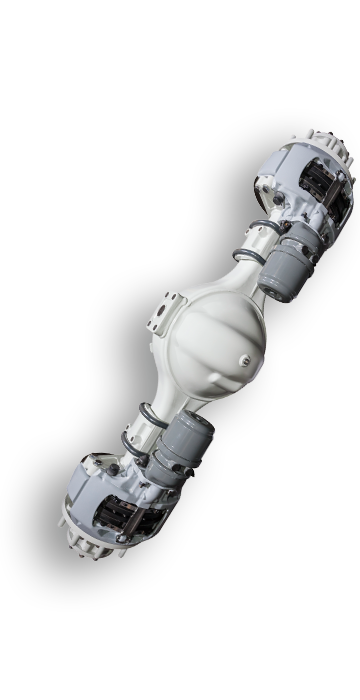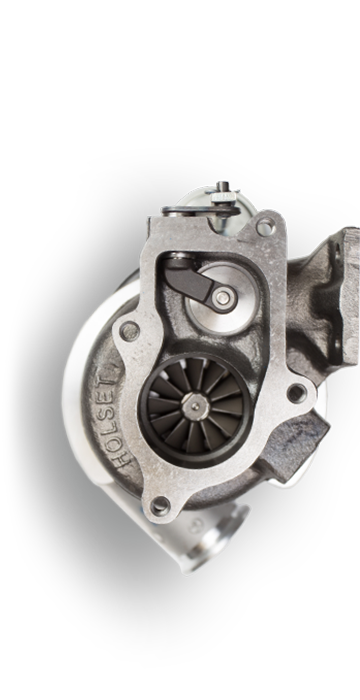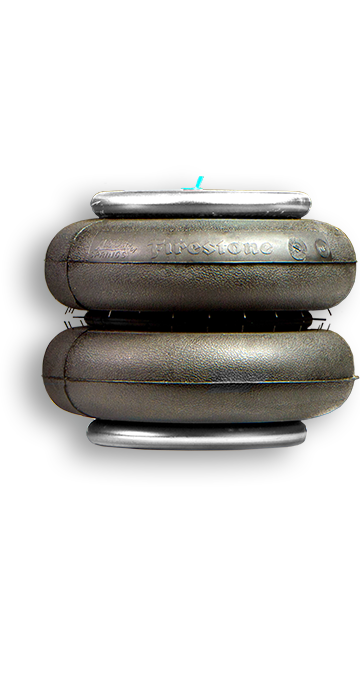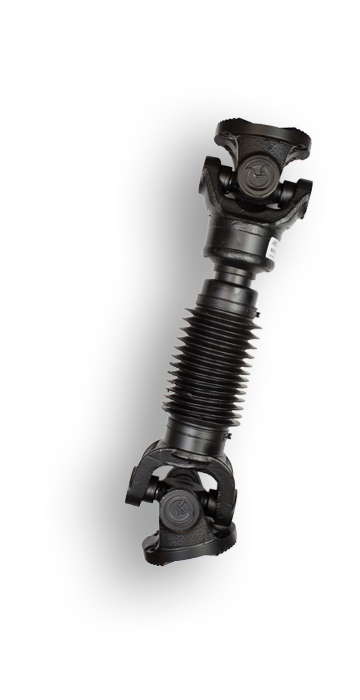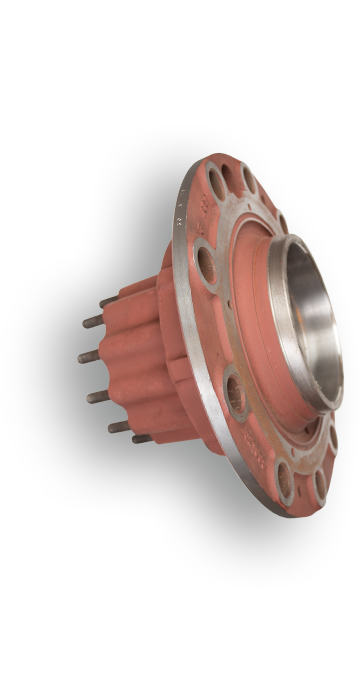Improve urban air quality
Driven by the need to improve urban air quality and targets to eliminate carbon emissions, bus operators across the UK are continuing to lead the way through the introduction of hybrid and battery-electric vehicles into their fleets. From the engineering perspective, introducing alternative drivetrains has seen key components being replaced with different systems, such as electrically-driven air compressors, as well as the incorporation of new technologies, such as regenerative braking.
Hybrid and electric buses use a combination of regenerative braking and friction-based air braking systems. Similar to the principle of a bicycle dynamo, regenerative braking uses the electric motor as a generator to recoup the kinetic energy that’s released during braking by performing ‘regenerative deceleration’. This kinetic energy is then converted into electrical energy, which is stored in the battery for reuse in the driving cycle.
Vehicles fitted with regenerative braking results in the complementary air brake system being used less frequently, compared with diesel buses fitted with solely air braking. Importantly, however, regenerative braking on its own is not enough to stop a vehicle, so air braking is still required to undertake this critical function.
In terms of routine maintenance, hybrid and electric buses with regenerative braking provide operators with an opportunity to reduce running costs, through the extended service life of air brake components, such as friction material, brake discs and calipers. Whilst regenerative braking reduces wear on brake components, less frequent use of the air brake system can also result in potential problems.
Research carried out by leading by PSV parts distributor, Imperial Engineering, has found that a number of operators are experiencing brake-related issues on the hybrid and electric buses in their fleets. Problems include corrosion and brake calipers seizing, the latter resulting in component failure and excess heat being created. This heat results in brake pad ‘glazing’ where the brakes operate beyond the limits of the friction material which becomes crystallised. It also has the potential to warp the brake discs, requiring expensive component replacement.
To protect against brake system issues on hybrid and electric buses, Imperial Engineering recommends that operators carry out regular brake maintenance in line with manufacturer recommendations, as well as the vehicle’s specific duty cycle. By ensuring these checks and rectifying any problems at the earliest opportunity, operators can extend the service life of brake system components, thereby reducing maintenance costs.
Imperial Engineering has a wealth of brake system knowledge and is pleased to support operators with technical advice and guidance. For further information, please call 01992 634255, email enquiries@imperialengineering.co.uk.
